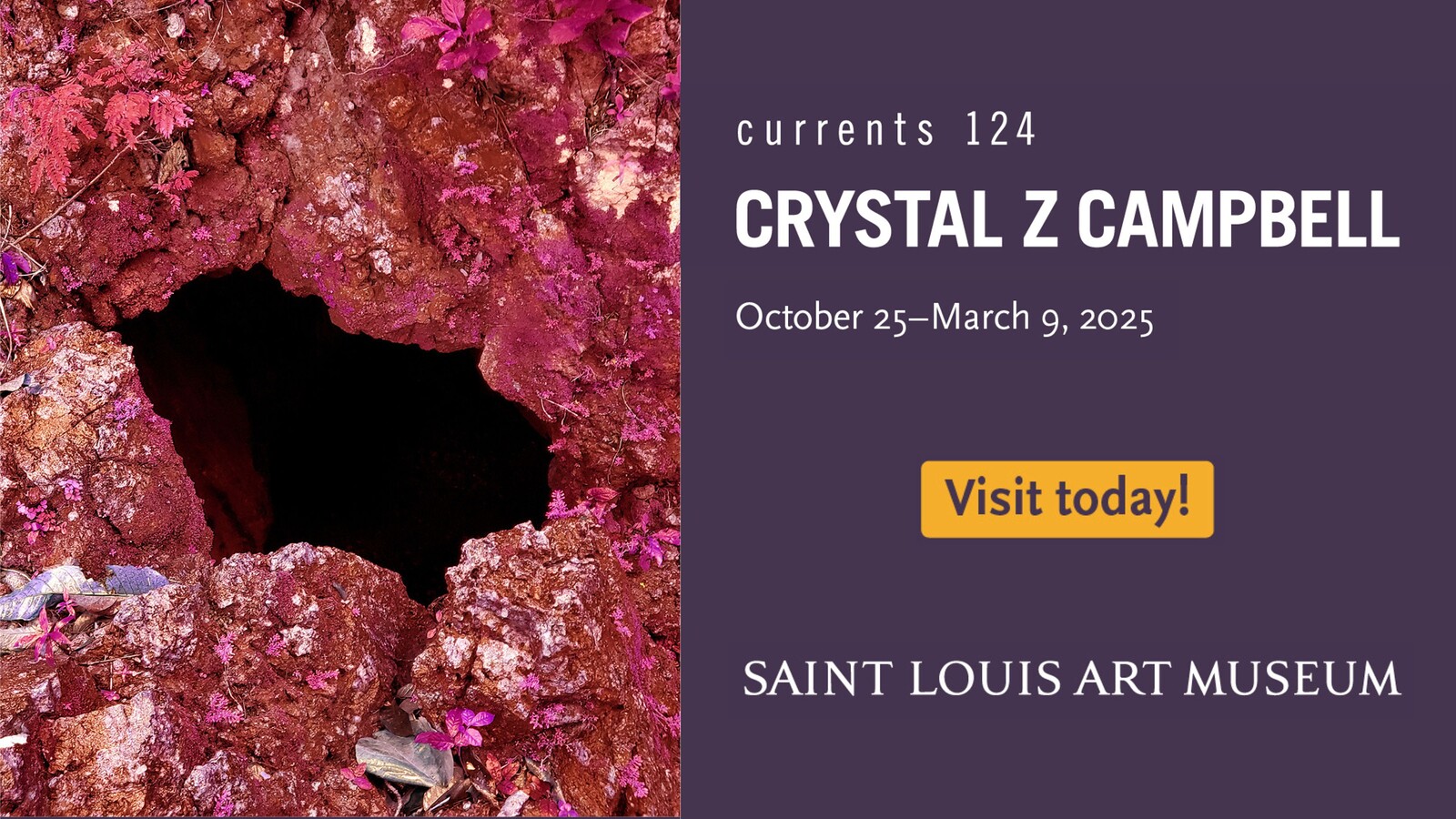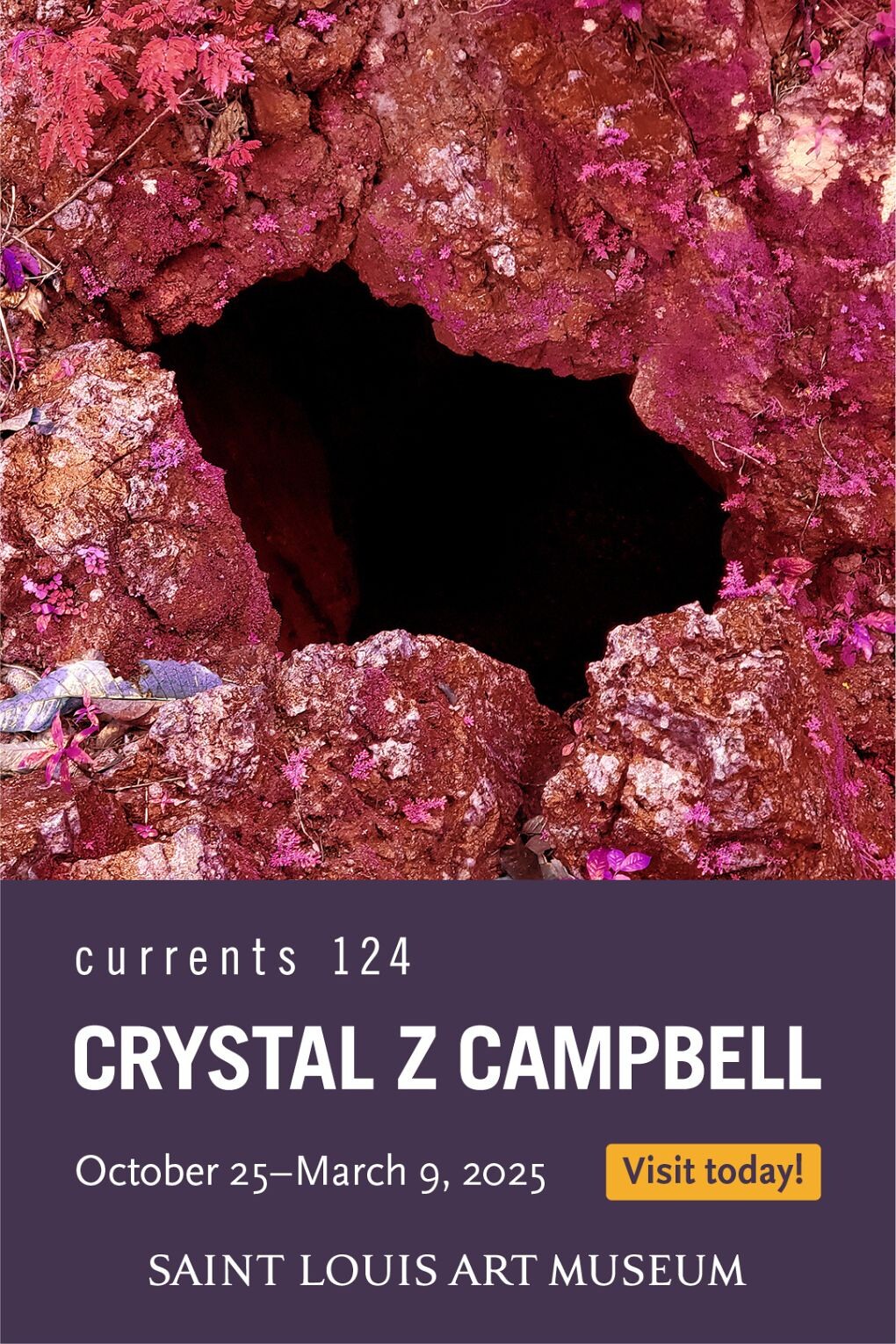ArteEast Quarterly: summer 2016 launch
Summer 2016 Retrospective Issue
Edited by Mirene Arsanios and Fehras Publishing Practices for the Gallery
Launch: August 23, 7–9pm
Address: Bluestockings Bookstore,172 Allen St., New York, NY, 10002
ArteEast Quarterly—an online journal engaging contemporary practices from the MENA region and its diaspora—is pleased to announce the release of its 2016 retrospective summer issue.
Compiling six texts culled from the Quarterly’s archives, our new Managing Editor Mirene Arsanios revisits ten years of art writing with a special focus on language. Founded in 2005, the Quarterly not only documents the shifts and developments of the MENA region’s artistic scenes and infrastructure, but is also a document of language in and of itself. Idiomatic trends, changing word currencies, and various kinds of “Englishes” in translation become noticeable when perusing past issues.
The texts featured in this retrospective use poetic devices, question art historical language, revisit institutional jargon, and challenge the boundaries of art criticism in order to reflect on language as a cultural and ideological construct, as well as a medium for rupture and experimentation.
Nida Ghouse’s “Don’t Drink the Sea Water: On Madness and the Mediterranean” is an essayistic meditation on the incommensurable violence of the Mediterranean Sea told from the shores of Alamein. (Winter 2013, guest edited by Barrak Alzaid)
Haytham el Wardany’s Benjaminian fragments present a morphology of disaster demanding a new language altogether. (Winter 2015, guest edited by Lara Khaldi and Yazan Khalili)
Kirsten Scheid looks atthe language of press reviews for herthorough art historical study of the reception and legacy of Lebanese painter Saloua Raouda Choucair. (Spring 2008, ArteEast Gallery)
Rasha Salti’s gripping interview with Syrian filmmaker Omar Amiralay is a priceless conversation on the beginnings of Nadi al-Sinama, a ciné-club founded in 1952 in Damascus.(Spring 2008, edited by Rasha Salti and Daikha Dridi)
In “Autonomy Teller Machine,” the former Cairo-based space Beirut tackles the relationship between language, institution, and power. How does an institution speak? (Summer 2013, guest edited by Beirut)
The pieces strung together in this issue have been extracted from their original site of publication, forming, in their present assemblage, a new editorial narrative. Echoing the way narratives are formed, Brian Rogers’ essaytakes inspiration from Benedict Singleton’s thinking on plots to discussthe short-lived and immersive print journal Abstract Culture. (Summer 2014, guest edited by Ghalya Saadawi and Hisham Awad)
In conjunction with the summer issue, The Gallery section of the magazine curated by the collective Fehras Publishing Practices presents Institutional Terms, a research project connecting the emergence of a Middle Eastern regional art scene in the 1990s with the appearance of a new institutional language. Fehras investigates how international funding is closely connected with this phenomenon, and how translation and mistranslation create new expressions in Arabic. They ask whether translation is an institutional and ideological tool, a means of cultural soft power.
Please join us for the launch at Bluestockings Bookstore and pick up a printed copy of the issue! An informal conversation with Kirsten Scheid, Clare Davies, and Brian Kuan Wood will accompany the launch. Scheid will address her use of press reviews and magazine articles as source material for her PhD thesis on Lebanese Modern Art. Clare Davies will talk about her different roles and language practices as art historian, curator, and art writer. Brian Kuan Wood will discuss his editorial experience at e-flux journal and address questions of readership, languages, and geographies.
For this issue of ArteEast Quarterly, click here.
For more information about the publication, please contact our Managing Editor Mirene Arsanios. Sign-up to receive the ArteEast Quarterly directly in your mailbox!


